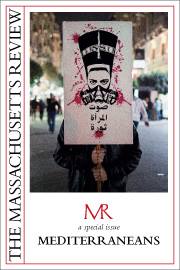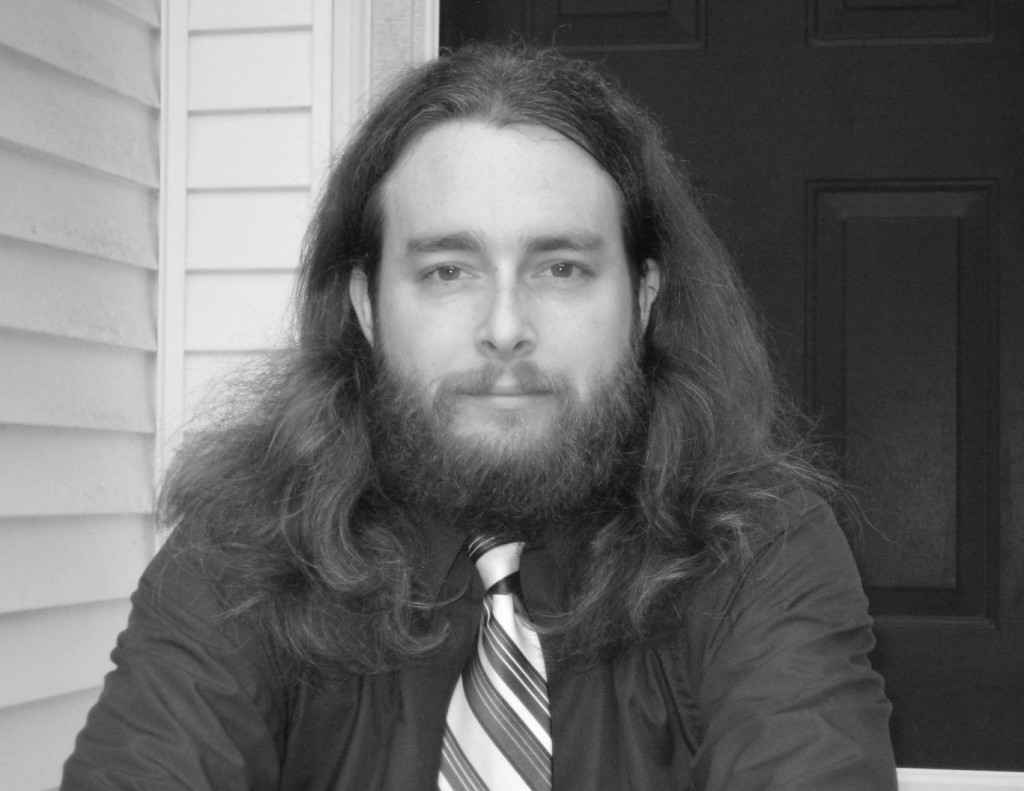“For poetry makes nothing happen. . . .” — W.H. Auden, “In Memory of W.B. Yeats”
A literary magazine, too, “makes nothing happen.” We must admit this, particularly these days, where lit mags sprout like mushrooms because writers need the space, not because anyone reads them. Yet even Auden, who voiced this sentiment most memorably—twice in fact—could never leave it at that. The poet follows his famous dictum with the words “it survives.” And, just in case we missed it, he repeats: “it survives, / A way of happening, a mouth.”
During the very weeks when he was reworking these lines,” Auden also penned an essay where the case against activist art might seem absolute. “[A]rt is a product of history, not a cause,” it comments—adding, “Unlike some other products, technical inventions for example, it does not re-enter history as an effective agent.” And then, most damningly, the essay calls out “the fallacious belief that art ever makes anything happen.” Indeed, its speaker opines, “if not a poem had been written, not a picture painted, not a bar of music composed, the history of man would be materially unchanged.”
Yet even when he most appears to slam the door, Auden again leaves it ajar. The very next line of the essay hedges: “But there is one field in which the poet is a man of action, the field of language. . .”
So let’s run with that. When cartoonists are gunned down, when comedians are jailed for a bad joke, when Italy puts one of its most famous authors on trial for expressing his opinion, and when the U.S. government prohibits the publication of any Syrian writers at all, the “field of language” is clearly at the frontline. This December, when the Massachusetts Review published its special issue on “Mediterraneans,” we were blissfully unaware that we were violating an OFAC regulation passed in May of that year. If we had known, we would have featured our issue’s two Syrians—Adonis and Moustafa Khalifé—even more prominently. After all, on our home page we proudly cite the lines that MLK published in our pages back in 1962: “We are the heirs of a legacy of creative protest [. . . and] the teachings of Thoreau are alive today, indeed, they are more alive today than ever before.”
In this special issue, guest editors Anna Botta and Michel Moushabeck give our readers with a cornucopia of riches. Over half of our “Mediterraneans,” you will note, originate in North Africa and the Middle East. If the field of language is to be contested, the most essential question is whose voice is allowed to count, and for whom? Whether in Khaled Mattawa’s memoir about his first trip back in Libya in decades, or in the Amin Maalouf’s libretto about a timeless love between a French troubadour and a countess from Tripoli, our Mediterraneans come alive in the crossing—and we hope to learn from such histories, rather than simply repeat them. In the waters of the Mediterranean today, as in the deserts of Arizona, thousands are dying because they dare to dream of a better life, and Gabriella Ghermandi’s devastating tale shares such an experience with our readers.
For literary magazines, the “way of happening” manifests most evidently in selection: what writers, which poems, what art, and why? Editors rarely agree, even among themselves, and yet somehow they do manage to make something happen, and the issue gets out. Auden’s “nothing,” in the end, is not merely no thing at all, not if the language that gets fielded may serve to reset the terms of debate. Today, as we know, there’s been far too much reckless chatter about civilizations clashing. Instead, in their vision of today’s Mediterraneans, our editors offer the hope of a new vernacular, a contemporary form of sabir that renews the age-old knowledge of that “intimate sea.”
Club Med, anyone?



